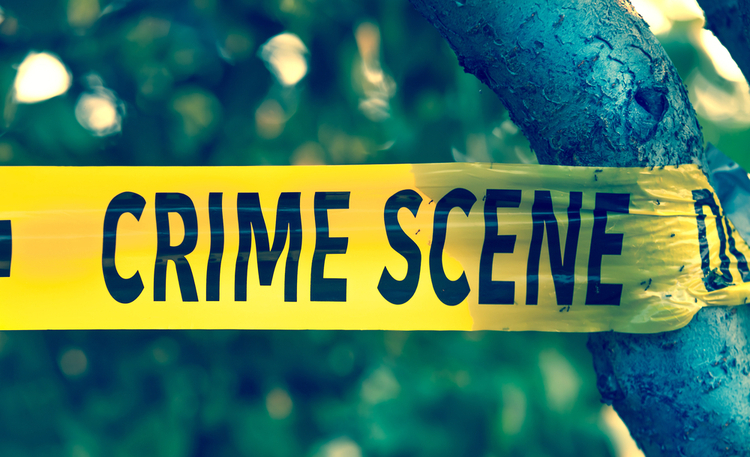Arrests in slayings are less likely when the victim is black, newspaper study reveals

Openfinal / Shutterstock.com
Police are less likely to make an arrest in killing cases when the victim is black, according to a study of slayings in 52 of the nation’s largest cities over the last decade.
Police made arrests in 63 percent of the cases in which white victims were killed, and only 47 percent of the cases in which the victim was black, according to the Washington Post. The newspaper analyzed data in nearly 26,000 killings in which no arrest was made.
Boston had the largest difference in arrests. Police there made arrests in nearly 90 percent of homicides with white victims but only 42 percent of homicides with black victims, according to arrest data since 2007.
In five cities studied, however, police made arrests in cases where the victim was black at least as often as when the victim was white. Those cities were Birmingham, Alabama; Durham, North Carolina; Fort Worth, Texas; Tampa, Florida; and Wichita, Kansas.
The Post says the failure to solve black homicides creates a vicious cycle. “It deepens distrust of police among black residents, making them less likely to cooperate in investigations, leading to fewer arrests,” the newspaper reports. “As a result, criminals are emboldened and residents’ fears are compounded.”
Police chiefs and homicide commanders interviewed by the newspaper said they work just as hard to investigate murders of blacks, but reluctant witnesses in some of the cases make their jobs harder.
Police also said that killings are harder to solve in cases involving gang violence and drugs. Domestic violence cases and bar fights are more likely to yield an arrest.
Rufus Faulk, an anti-violence activist in Boston, criticized the practice of labeling a victim as a gang member or someone who is known to police. “That immediately shifts the victimhood away from the person who was slain and implies that they caused their own demise. And you can see why then there is a resulting lack of public outcry,” he said.
One activist sees the differences in arrests as a civil rights crisis. “Black life is seen as not as important,” said the Rev. William Barber, a national civil rights leader who spoke with the Post.



